Fighting For Health Equity
In honor of Black History Month, nine health care providers from NewYork-Presbyterian share what drives them to help eliminate health disparities and serve their communities.
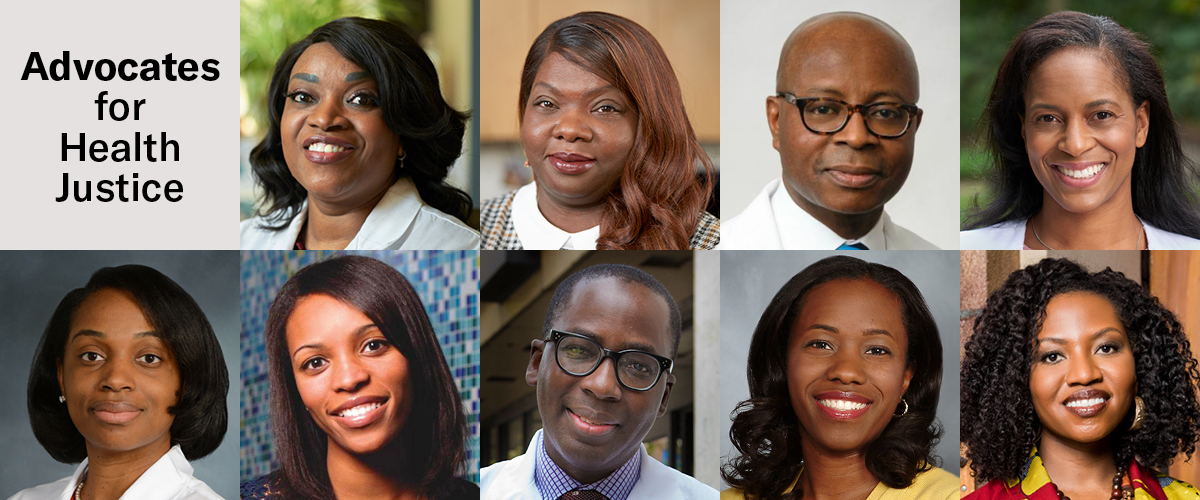
They are caregivers, advocates, visionaries, disruptors, allies, and change-makers. And although they come from many different areas across NewYork-Presbyterian, they share a common purpose: to reduce health disparities in communities of color.
To mark Black History Month, Health Matters spoke to nine Black health care providers who are leading programs to address health inequities and effect social change. We asked about this year’s national theme of “Black Resistance” and what motivates them to do their work.
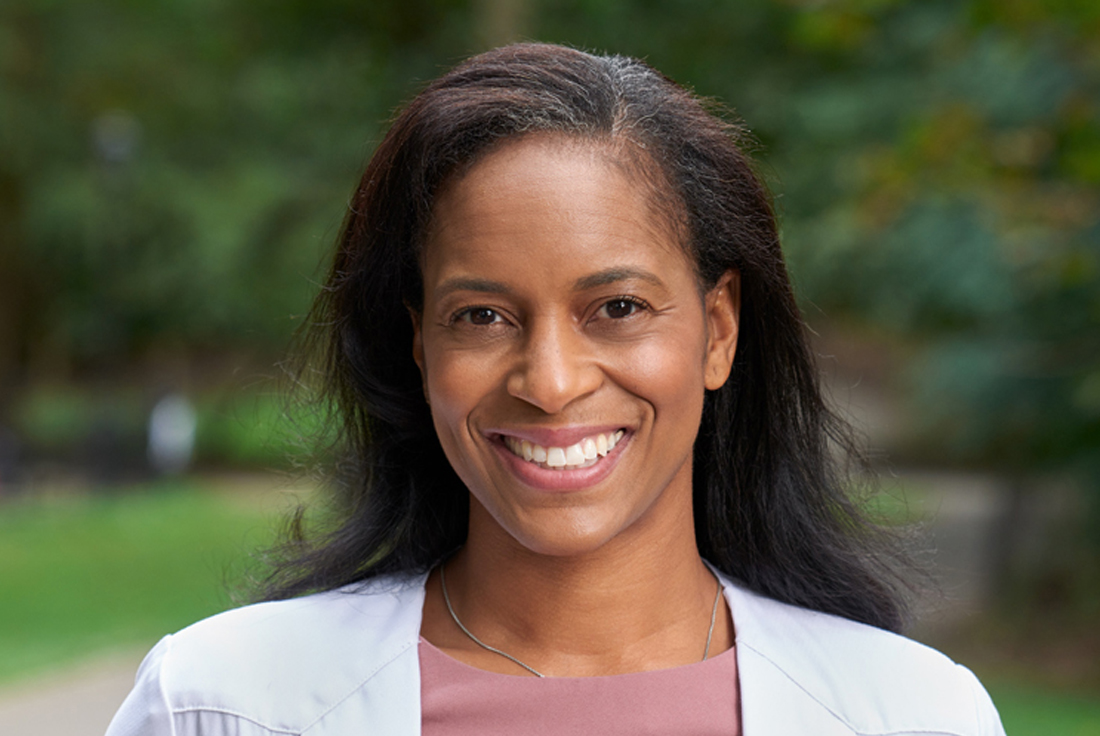
“I am in this field because of purpose. That purpose is to help all people, and this includes people who look like me.”
Dr. Vivian Bea
Chief of breast surgical oncology, NewYork-Presbyterian Brooklyn Methodist Hospital
Founder of “Sister, Give Me Your Hand,” a program aimed at educating Black women on the importance of mammography screening
What drives you to do the work of improving health equity?
We need to advocate for those who are hard to reach, to get them the care they need, and in my work, that means increasing mammography screening for Black women. Once patients are screened and diagnosed, we provide excellent-quality, multidisciplinary care to all patients, following them through survivorship.
What role should the medical community play?
I am in this field because of purpose. That purpose is to help all people, and this includes people who look like me. I can be that voice and knock down doors to make sure all patients get the quality care they so deserve. Thankfully, in our system at NewYork-Presbyterian, we have great support, but there is always more that can be done. Sometimes we don’t think about the physicians or providers who are on the ground doing the work, so it’s important to have like-minded people who work together for the same goal.
What does the theme “Black Resistance” mean to you?
The word resistance can give an illusion of something negative, but I don’t see it that way. For me, resistance means to boldly walk in our truth, regardless of how uncomfortable it may be for others. It means to boldly hold on to the traditions and the history that make us who we are. Our ancestors sacrificed a great deal, and what they contributed to our country has been met with great resistance. We are going to continue to speak up, educate, and display what we are proud of — and that is our African American history, our ancestry, and our culture.
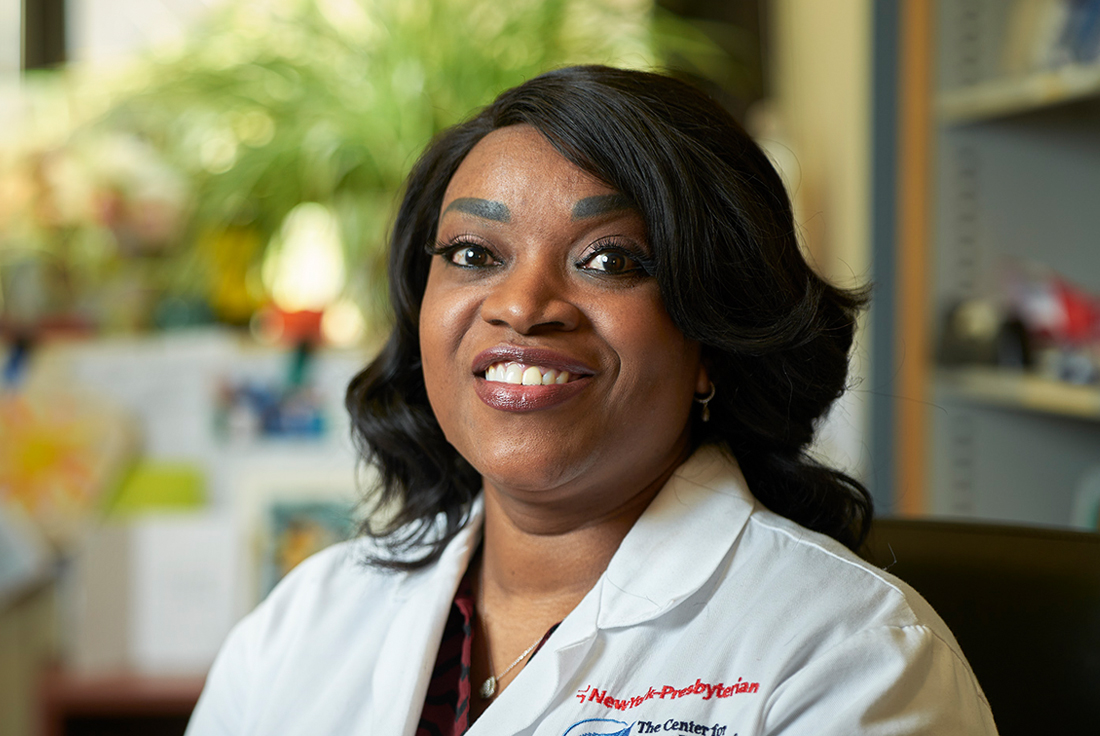
“All people are valuable and created equally and thus deserve optimal health care without bias.”
Nicole Golden
Nurse practitioner for the Center for Liver Disease and Transplantation, NewYork-Presbyterian/Columbia University Irving Medical Center
Co-founder of the Black Liver Health Initiative, a community health program to reduce liver disease disparities at NewYork-Presbyterian
What drives you to do the work of improving health equity?
My belief is that all people are valuable and created equally and thus deserve optimal health care without bias.
What role should the medical community play?
As health care providers, it is our uniquely appointed responsibility to engage in eliminating health and social disparities, with the goal of fair and just opportunity for all people to attain their highest level of health. Health disparities research has shown preventable differences in health outcomes that adversely affect minority populations. Given the evidence, we must continue to guide and fund research which focuses on solutions for dismantling health disparities.
What does the theme “Black Resistance” mean to you?
I view Black resistance as a process. This is a process of dissolving practices and beliefs which limit African Americans from equal standing and opportunity in all aspects of life. It is destruction and creation. And whatever your purpose is in life, do it with the utmost humility.
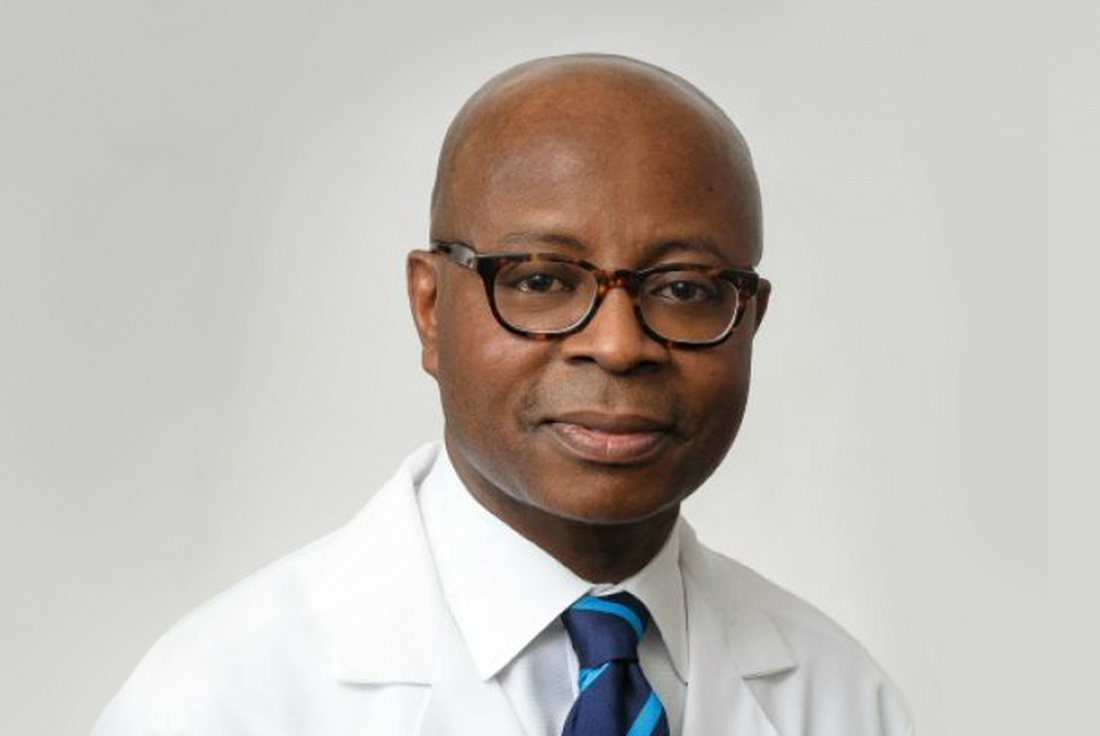
“My commitment is to provide excellent care, mentor young doctors, and promote diversity.”
Dr. Christopher Irobunda
Cardiologist, NewYork-Presbyterian/Columbia University Irving Medical Center
Vice Chair for Faculty, Development, Diversity, Equity, and Inclusion in the Department of Medicine
What drives you to do the work of improving health equity?
My commitment and goals are to provide excellent care to my patients, mentor young doctors, and promote diversity within the structure of our institution.
What role should the medical community play?
Embracing our diversity as a medical center is the key to our continued excellence in patient care and clinical research. We have a role to engage in educating, developing trust, and advocating for health care access for our neighbors and patients.
What does the theme “Black Resistance” mean to you?
Resistance means using my experiences (no matter how negative) to make and advocate for a better experience for those coming behind me and society in general.
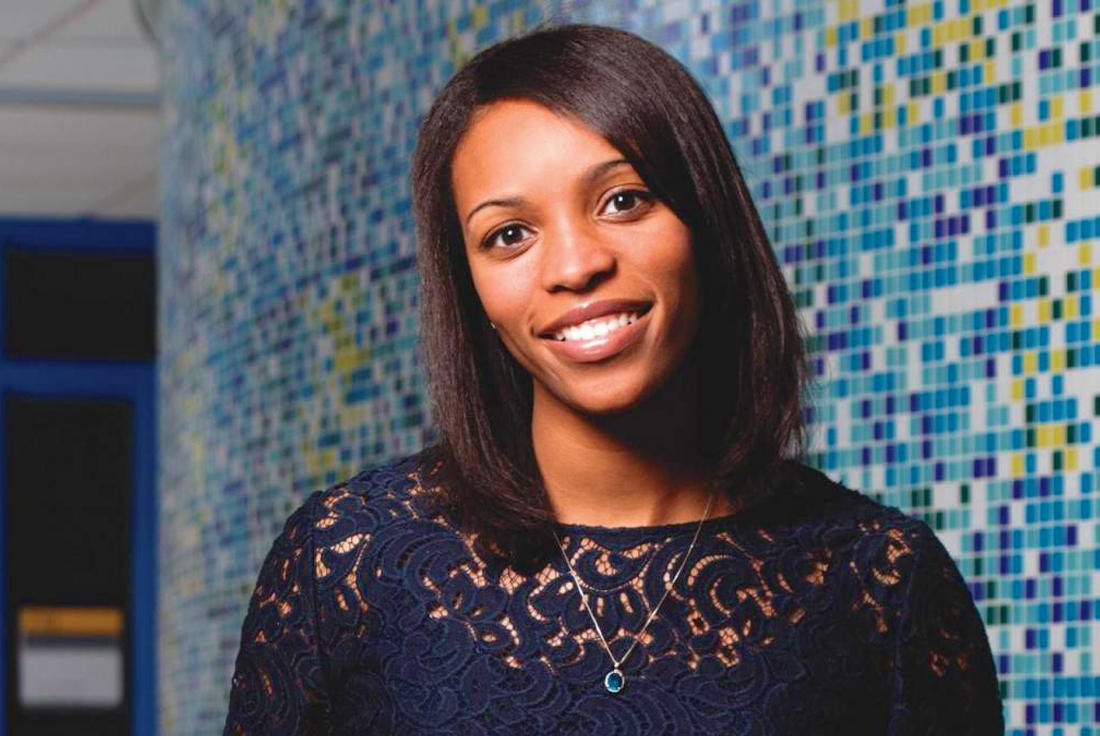
“No one’s health outcomes should be determined by social circumstances. That’s what drives me to do the work I do.”
Dr. Stephanie Lovinsky-Desir
Chief of pediatric pulmonology, NewYork-Presbyterian Morgan Stanley Children’s Hospital
Leads clinical and community health research to raise awareness about asthma disparities among children in urban neighborhoods
What drives you to do the work of improving health equity?
I am a Black woman, from Black parents, with Black siblings, married to a Black man, and I have Black children. Health equity for me means that my family, my community, and all those who look like me do not have shorter life expectancies just because of the color of our skin. No one’s health outcomes should be determined by how they look, their religion, sexual orientation, or social circumstances. That’s what drives me to do the work that I do.
What role should the medical community play?
If we ignore the fact that Black Americans are disproportionately exposed to social and environmental factors that are harmful to health, then we will never achieve health equity. If we ignore the fact that Black communities are lacking in educational investment and opportunities, then we will never have a workforce that mirrors the communities we treat. Thus, the medical community needs to be on the front line of dismantling the barriers to health equity and diversity in our hospitals and community. We need to educate ourselves and our peers on where disparities exist, and we need to work together and with the community on identifying meaningful solutions.
What does the theme “Black Resistance” mean to you?
To me, resistance is synonymous with resilience. The theme resonates with me because it’s a reminder of the oppression that Black Americans have faced in this country historically and in present day. And yet, despite the historical and continued injustices, Black people continue to persevere and do amazing things that need to be recognized and amplified.
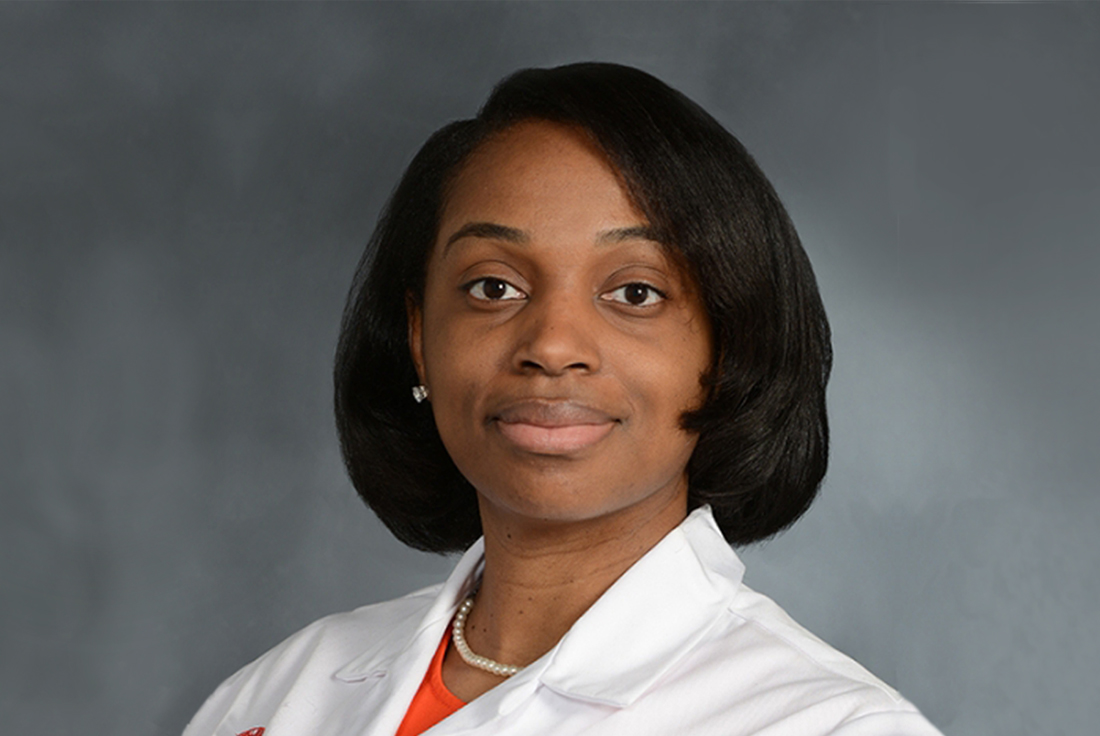
“I feel it’s my job to resist the systemic issues of the past and move forward to a new legacy of community empowerment and collaboration.”
Dr. Auja McDougale
Obstetrician and gynecologist and director of the women’s health practice and community health, NewYork-Presbyterian/Weill Cornell Medical Center
Founded EMBRACE, a doula and community health worker program at NewYork-Presbyterian
What drives you to do the work of improving health equity?
I became a doctor because my mom lost her life at the age of 38, at a local hospital that was under-resourced. As a teenager, having that experience, losing my best friend, my mother, a young, gifted Black army veteran who had so much ahead of her — I felt it’s now my job to resist the systemic issues of the past and move institutions like NewYork-Presbyterian forward to a new legacy of community empowerment and collaboration.
What role should the medical community play?
It’s time for us to reset the clock. We know there’s a gap, not only in health status, but a gap in trust. What I commonly hear at community events is that there is a strong need for us as the medical community to partner with them to make sure we have their buy-in and their concerns are heard. It’s not just resources; it’s to actually hear them and have them be a part of the decision-making for their care.
What does the theme “Black Resistance” mean to you?
I think about my family resisting cultural norms. I am fortunate to have a legacy of middle-class, hard-working people in my family, but racism played a role in their American experience. My great-grandfather was a tall, dark-skinned Black man, and he married a white woman. They would drive cross country for vacation, but he couldn’t get a hotel room. He had to drive and drive and drive and drive. Finally, he had to pull over and ask his white wife to go in. It almost brings me to tears. My grandfather was a veteran, and even in his final years he refused to miss a day of voting, even when he was in a wheelchair. My grandmother resisted societal expectations, got a Ph.D., and talked about being on the bridge with MLK in Selma. Now I have a sense of pride as a physician and a mother raising a Black son. I think about creating a new legacy for the generations to come.
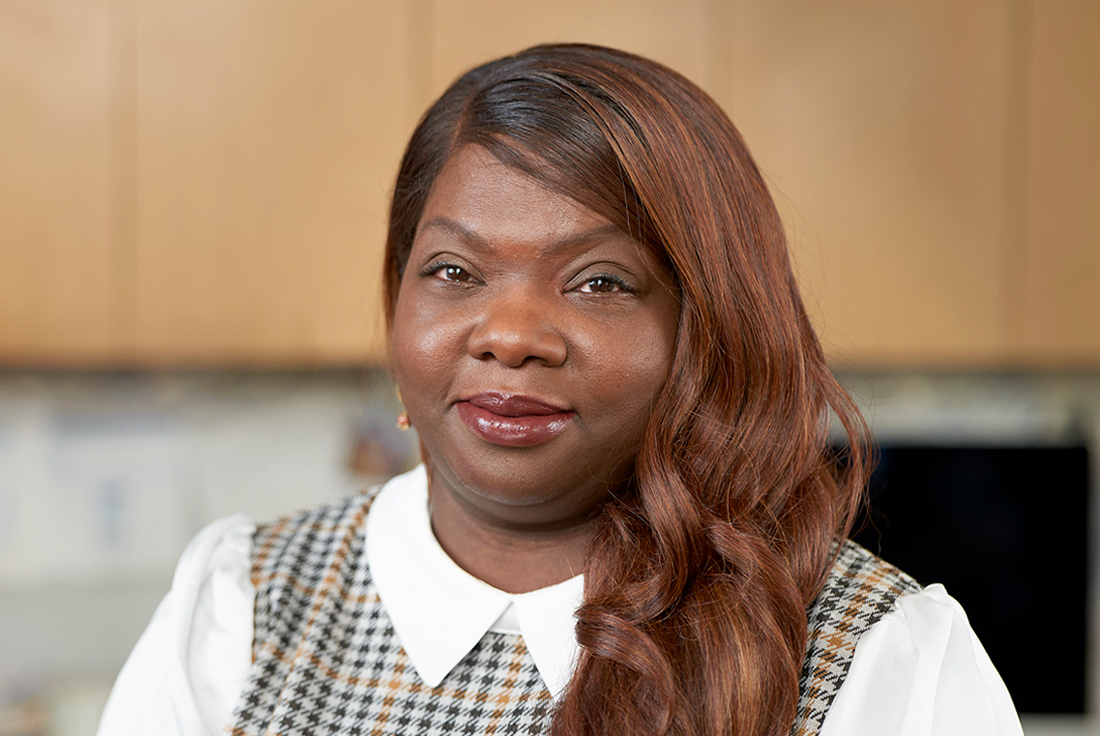
“All of us who have chosen to work in health care have a responsibility to decrease disparities.”
Monica Nelson-Kone
Nurse transplant coordinator for the Center for Liver Disease and Transplantation, NewYork-Presbyterian/Columbia University Irving Medical Center
Co-founder of the Black Liver Health Initiative, a community health program to reduce liver disease disparities at NewYork-Presbyterian
What drives you to do the work of improving health equity?
As a Black nurse serving the New York City community for over a decade, my view of the health care system has evolved over time. Unfortunately, the statistics on racial disparities in health for my people have not changed as much as I would have liked over the years.
What role should the medical community play?
Among the most alarming statistics for me as a liver coordinator are cancer death disparities. The medical community has a huge responsibility to decrease the disparity. These statistics should drive future initiatives at enterprise levels for health organizations across the country.
What does the theme “Black Resistance” mean to you?
African Americans are still more likely to die at early ages from many causes. Until this statement no longer rings true, there is still more work to do for not only myself, but all those who have chosen to work in health care.
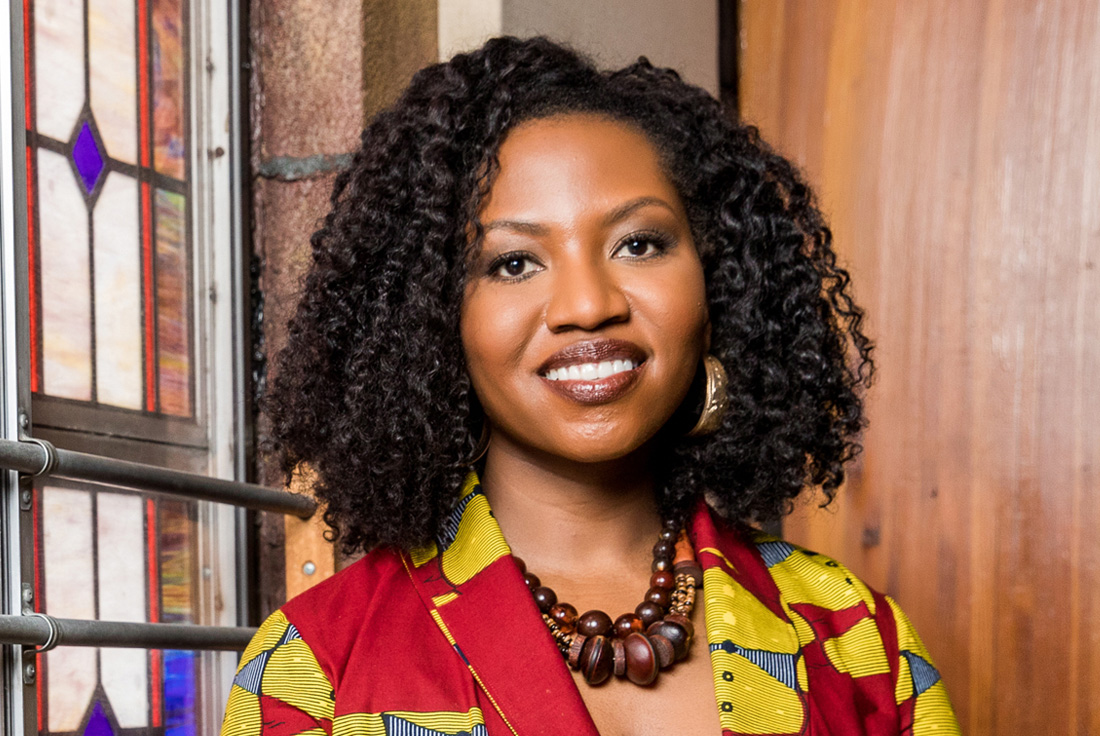
“Knowing that African Americans are dying prematurely from preventable diseases is what motivates me to improve health equity.”
Naa-Solo Tettey
Director of HeartSmarts, a health education research program at NewYork-Presbyterian/Weill Cornell Medical Center to reduce cardiovascular disease in underserved communities
What drives you to do the work of improving health equity?
Knowing that members of the African American community are dying prematurely from preventable diseases is what motivates me to work to improve health equity. Knowledge is power, and a vital step towards reaching health equity. HeartSmarts provides participants with the knowledge they need to become advocates for their health and the health of their communities.
What role should the medical community play?
The medical community must remove the barriers that contribute to health disparities and provide resources and care that address the structural determinants of health.
What does the theme “Black Resistance” mean to you?
Black resistance involves overcoming oppressive forces through resilience, empowerment, and action.
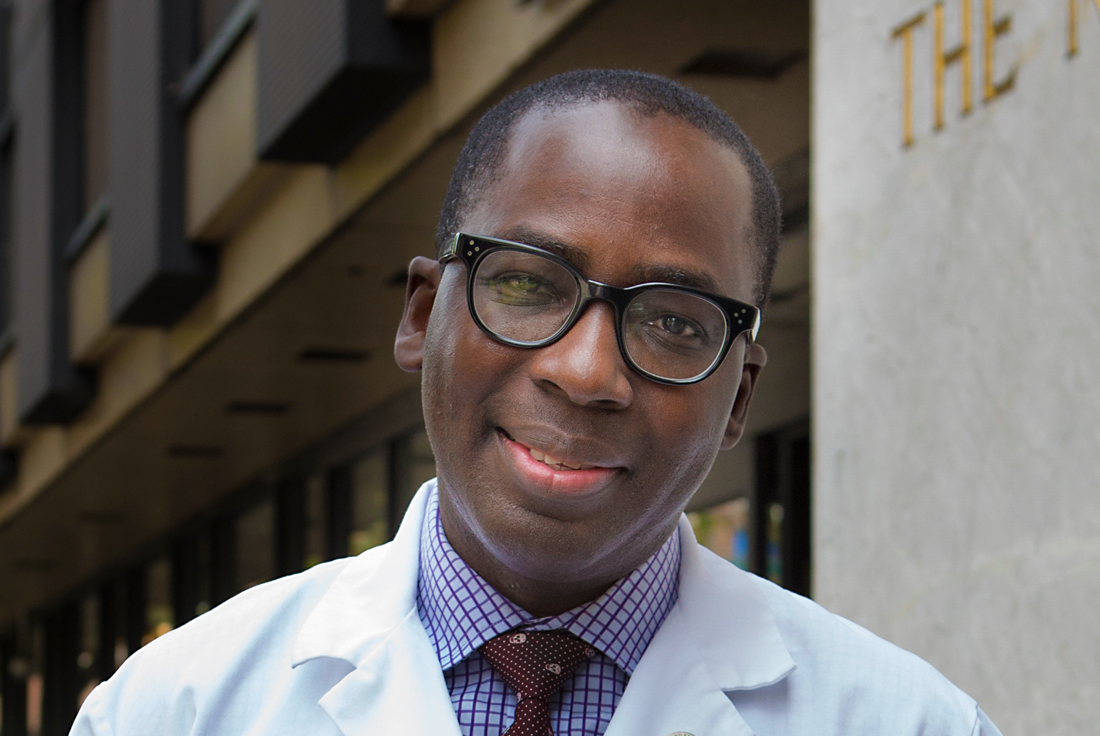
“What drives me is not only concern for people in need, but the defense of things I believe in and hopefully finding ways to stir others to action.”
Dr. Olajide Williams
Neurologist, NewYork-Presbyterian/Columbia University Irving Medical Center
Founder and chair of Hip Hop Public Health, an organization that works with hip hop influencers to promote health behaviors and health equity
What drives you to do the work of improving health equity?
Health is not the absence of disease; it is the presence of wellness. To achieve wellness, it cannot be accomplished in the four walls of a hospital alone. It requires all of society. Every sector needs to be responsible for helping everyone attain the full potential of health — regardless of social-economic status, race, ethnicity, age, gender, sexual orientation, disability status, or nationality.
What role should the medical community play?
I think we are all called to do better. I just see myself as someone who has answered the call of humanity, which is to treat each other better. What drives me is not only concern for people in need, but the defense of things I believe in and hopefully finding ways to stir others to action.
What does the theme “Black Resistance” mean to you?
When I hear the word resistance, I see images tumbling in my mind. I look at the arc from 1619 to today, and I see resistance at every adjoining point on that arc: From the slave rebellions in the Middle Passage to the slave rebellions in the New World, through the Civil War and the Emancipation Proclamation, through Reconstruction and Jim Crow, through MLK and Malcolm X and the Panthers and the Black church. I see Ali resisting his draft to Vietnam, and James Baldwin saying, “Not everything that is faced can be changed. But nothing can be changed until it is faced.” I see Maya Angelou’s “Still I Rise”. I see John Lewis saying, “Our struggle is not for a season, but a lifetime.” I see his good trouble.
Today, I see Black Lives Matter protesting in droves across the world. I see our white allies joining hands with us, getting beaten with us, getting locked up with us. I see George Floyd and Breonna Taylor.
And I see the Black patient who is lying on the stretcher in the emergency room nervous about experiencing discrimination in the hospital, wondering what his day is going to be like.
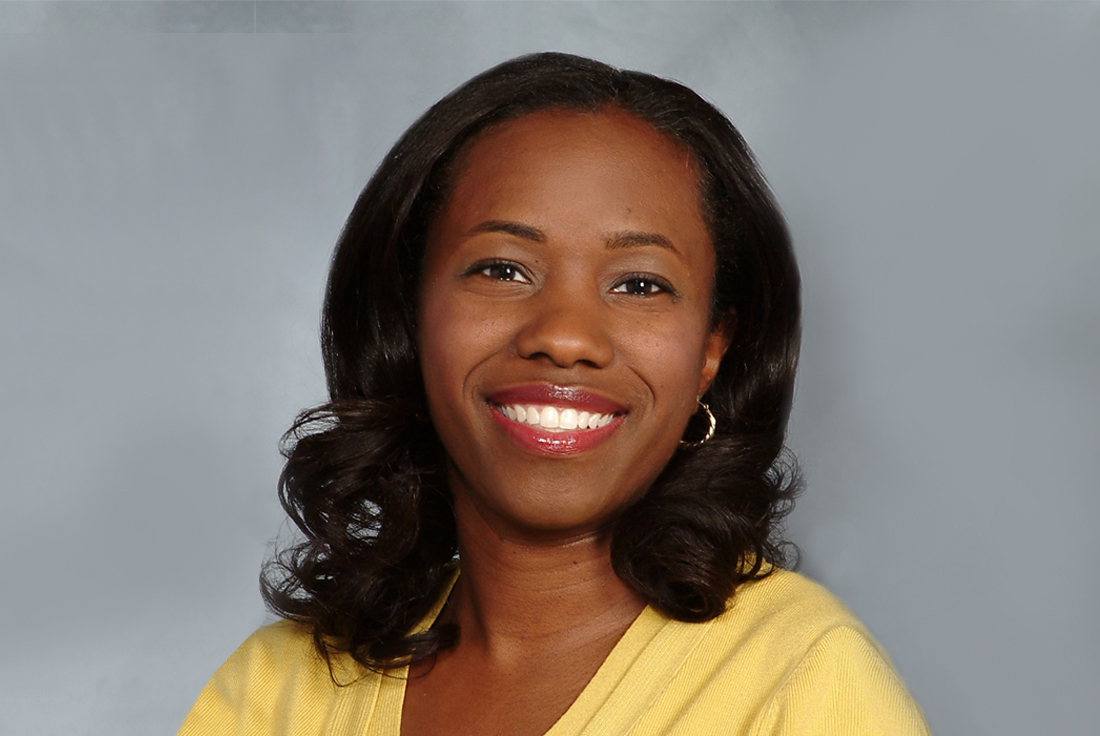
“As health care providers, we have to try to improve access and increase care to narrow gaps in disparate health outcomes.”
Dr. Melanie Wilson-Taylor
Pediatrician, NewYork-Presbyterian Komansky Children’s Hospital
Co-founder of Healthy City Kids, an obesity prevention program at Lenox Hill Neighborhood House, and Health Professions in Training, a program for underrepresented minority students in Harlem schools to learn about careers in health care
What drives you to do the work of improving health equity?
I’m a first-generation immigrant. My dad is from Jamaica, and my mom is from the Caribbean island, Saint Vincent. My parents wanted what was best for their kids. Growing up in Brooklyn, I saw disparities, and when I became a physician, I realized how many more opportunities I had compared to my parents. The disparities were much more visible on a personal level and not acceptable. That is why I am creating pipeline programs to encourage kids to pursue a career in health care. We need more people in hospital systems to ask questions, talk about history, and provide representation.
What role should the medical community play?
Health inequity exists in places in society where institutional racism exists — where neighborhood conditions, housing, education, and air pollution have literally made health worse. The statistics are so alarming, it’s embarrassing. As health care providers, we have to try to improve access and increase care to narrow gaps in disparate health outcomes.
What does the theme “Black Resistance” mean to you?
Historically, resistance has revolved around going against the norm of institutional racism. It has evolved in the last 50 years, and these injustices have been brought to light, resulting in resistance with events like the Black Lives Matter movement. Now resistance is an emphasis to protect the rights of those in this country who were oppressed for centuries, and to try to uplift them in the institutions that have historically been against them.
Additional Resources
Learn more about NewYork-Presbyterian’s work to improve health equity through the Dalio Center for Health Justice.
Find out more about these community initiatives:
